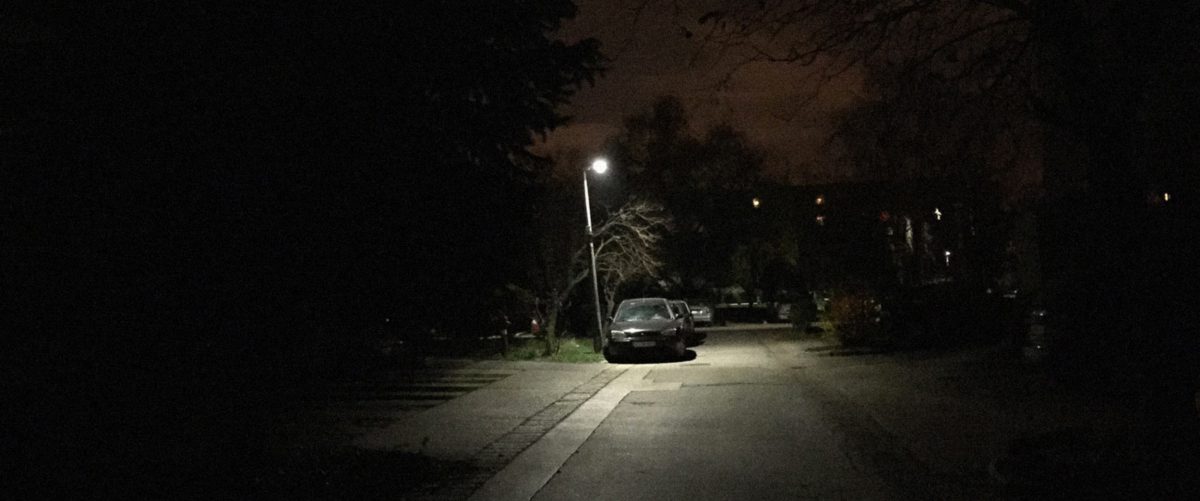Police closed investigation into the public tenders linked to Orban’s son-in-law

According to the Hungarian police, no crime was committed, therefore the investigation has been closed in the case of Elios Innovatív. The investigation began in the beginning of 2015, after several opposition politicians turned to the police in the case of the controversial public procurements won by the company. At that time, Elios Innovatív was partially owned by István Tiborcz, son-in-law of prime minister Viktor Orbán.
Last year, Direkt36 published several articles about the public lighting procurements won by Elios. Last June, we uncovered that the lamps used in Elios’s projects were outstandingly expensive. After our article, the opposition party PM (Párbeszéd Magyarországért) filed the complaint with the suspicion of fraud.
According to the police, „the actions [of Elios] cannot be considered neither fraud nor any other crime”. „It is not against criminal laws” if a profit-oriented business sets higher rates in one case than in an other. It is the essence of the free market, the police say, that „during the bargaining process, the procurer is interested in lowering the price and the contractor, of course, is trying to maximize its profit”. Merely the difference between two prices cannot be considered as immoral earning. Also, nobody was deceived during the process, added the police.
We can only do this work if we have supporters. Become a supporting member now!
The investigation first started in the beginning of last year, after András Schiffer, then co-chairman of the opposition party LMP called for the investigation of the LED lighting-procurements won by Elios. Schiffer based his complaint on a report by Átlátszó, which exposed how Elios could win the tenders in several Hungarian cities where the procurement processes had been prepared by Sistrade Co. The owner of Sistrade used to be a co-owner in Elios, too, raising a potential breach of conflict of interest rules.
The investigation was initially started on suspicion of „an agreement restricting competition in public procurement and concession process”. In other words, the unknown suspects formed a cartel to win the tenders. Four cities’ procurement processes were investigated at first: Hévíz, Kalocsa, Mezőhegyes and Szekszárd. This investigation has also been closed, according to the notification sent to Schiffer.
According to the police, forming a cartel is only possible between competing businesses. Yet Sistrade and Elios were not competitors: both companies dealt with different phases of the public procurement processes. This is a „vertical cartel”, which cannot be identified as a crime according to Hungarian laws, police claim.
Anyway, „it can still be a felony (like, for example, malfeasance, malpractice etc.)”, police added, but none of these were well-founded enough to become a reasonable suspicion.
The investigation continues only into a small detail of a contract signed by the municipality of Szekszárd, which raised the suspicion of malpractice. The rest of the investigation has been closed.
